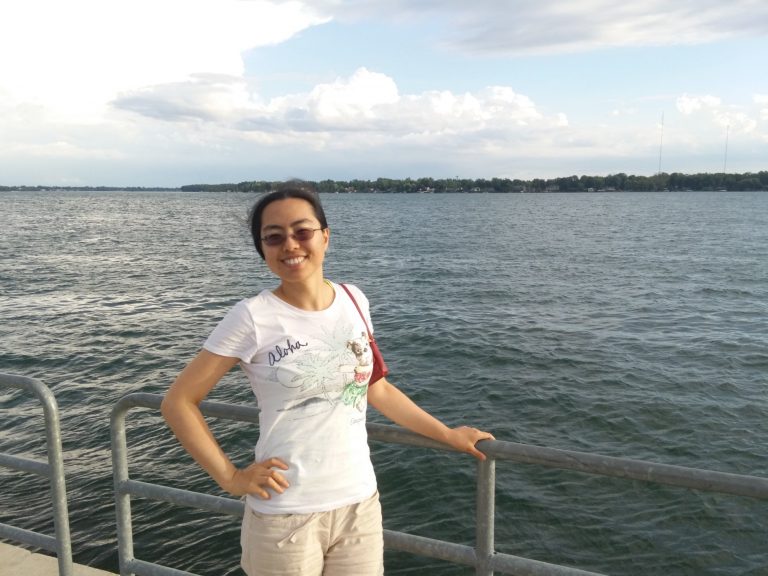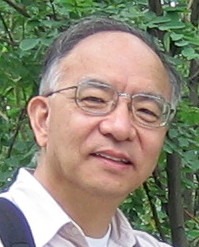Overview
In recent times, the explosion of information from a variety of sources has made it increasingly important to check the credibility and reliability of the underlying data. Large volumes of data generated from diverse information channels like social media, online news outlets, and crowd-sourcing contribute valuable knowledge. However, this comes with additional challenges to ascertain the credibility of user-generated information, resolving conflicts among heterogeneous data sources, identifying misinformation, etc. Given diverse information about an object (e.g., a natural language claim text, an entity, and an SPO like triple) from heterogeneous and multi-modal sources like relational data, natural language text, images and video: how do we identify high quality and trustworthy information and information sources? How can we leverage Knowledge Bases and external evidence sources from the web for reasoning, explaining and validating claims while dealing with their limitations regarding incompleteness and emerging facts? How can we generate human-interpretable explanations for the models' verdict as opposed to black box methods? In order to answer these questions, this workshop encourages submissions to focus on big ideas for resolving conflicts, fact-checking and ascertaining credibility of claims in heterogeneous and multi-modal sources of information --- focusing both on unstructured texts, natural language claims, relational data and knowledge graphs.
Program Schedule
| Time (pm) | Event |
| 1.00 | Opening |
| 1.05 | Keynote 1 - Emre Kiciman (Sr. Principal Researcher, Microsoft Research), Detecting the Missing Information in Misinformation |
| 1.40 | Contributed Talk - Kai Shu (Arizona State University), dEFEND: Explainable Fake News Detection |
| 2.00 | Spotlight 1 - Subhabrata Mukherjee (Sr. Research Scientist, Microsoft Research), Fact Checking Natural Language Claims |
| 2.20 | D-FJ: Deep Neural Network Based Factuality Judgment, Ankan Mullick, Sourav Pal, Projjal Chanda, Arijit Panigrahy, Anurag Bharadwaj and Siddhant Singh |
| 2.30 | Coffee Break |
| 3.00 | Keynote 2 - Xin Luna Dong (Principal Scientist, Amazon USA), Demeter: Harvesting knowledge from the semi-structured web |
| 3.40 | Spotlight 2 - Qi Li (UIUC), Truth Discovery for Information Extraction |
| 4.00 | Workshop Paper - Workshop Paper - CrossLang: the system of cross-lingual plagiarism detection, Oleg Bakhteev, Alexandr Ogaltsov, Andrey Khazov, Kamil Safin and Rita Kuznetsova |
| 4.20 | Workshop Paper - Localizing the Rumor Source in a Network, Guanyu Nie and Christopher Quinn |
| 4.30 | Workshop Paper - AuthIntegrate: Toward Combating False Data on the Internet, Romila Pradhan and Sunil Prabhakar |
| 4.40 | Workshop Paper - A Data Set of Internet Claims and Comparison of their Sentiments with Credibility, Amey Parundekar, Susan Elias and Ashwin Ashok |
| 4.50 | Closing - Prof. Jiawei Han (UIUC) |
Call For Papers
Our workshop on truth discovery and fact-checking is motivated by the need for new research, tools and techniques to advance the field with the following focus areas:
- Handling multi-modal and heterogeneous modern data (for example, relational data, unstructured text and natural language claims)
- Leveraging Knowledge Bases and external evidence sources for reasoning, validating and explaining contentious claims
- Developing interpretable models that can generate human-interpretable explanations as opposed to black box methods
The first workshop on Truth Discovery and Fact Checking: Theory and practice will provide a forum where researchers and practitioners from academia, government and industry can share insights and identify new challenges and opportunities in resolving conflicts, fact-checking and ascertaining credibility of claims. The workshop will be held in Anchorage, Alaska on August 5, 2019 in conjunction with the ACM SIGKDD 2019.
Topics of interest include, but are not limited to:
- Truth finding and discovery
- Fact-checking, rumor and misinformation
- Credibility analysis
- Leveraging knowledge bases for reasoning, validating and explaining contentious claims
- Fake reviews and reviewers
- Transparency, fairness, bias, privacy and ethics of information systems
- Emerging applications for truth discovery and fact-checking
- Novel data sources and case studies
- Explainable and interpretable models
- Heterogeneous and multi-modal information including relational data, natural language text, search logs, images, video, etc.
Submission Guidelines
We invite submissions for original research papers both theory and application-oriented as well as submissions from the research track and applied data science track of the main conference. We encourage the participants to submit papers on novel datasets and release them to advance the field. Papers must be submitted in PDF according to the ACM Proceedings Template in a single-blind format (including author names and affiliations). We welcome both long papers (maximum length of 9 pages) and short papers (maximum length of 5 pages). The accepted papers will be published on the workshop’s website, and will not be considered archival for resubmission purposes. Please submit your papers at the EasyChair submission link.
Important Dates
All deadlines are 11:59 PM Pacific Standard Time
Workshop paper submissions: May 15, 2019
Workshop paper notifications: June 5, 2019
Workshop date: August 5, 2019
Organizers
Please email truthdiscoverykdd2019@gmail.com for any questions.
Program Committee
Evangelos Papalexakis, University of California Riverside
Fenglong Ma, The Pennsylvania State University
Gensheng Zhang, University of Texas at Arlington
Gerhard Weikum, Max Planck Institute for Informatics
Jiliang Tang, Michigan State University
Jun Yang, Duke University
Kashyap Popat, Max Planck Institute for Informatics
Lu Su, The State University of New York at Buffalo
Manuel Gomez Rodriguez, MPI for Software Systems
Meng Jiang, University of Notre Dame
Naeemul Hassan, University of Mississippi
Niloy Ganguly, Indian Institute of Technology Kharagpur
Panagiotis Metaxas, Wellesley College
Paolo Papotti, Eurecom
Prashant Shiralkar, Amazon
Shi Zhi, University of Illinois at Urbana-Champaign
Srijan Kumar, Stanford University
Yaliang Li, Tencent America



